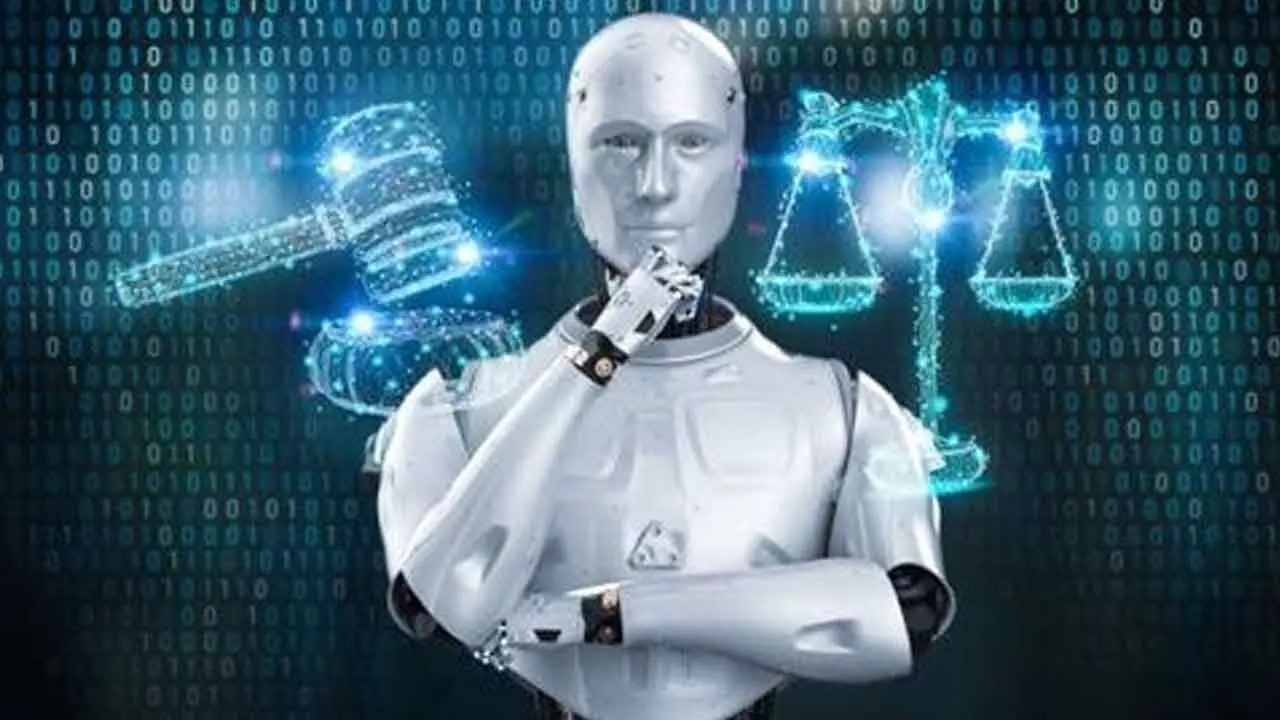Navigating Copyright In The AI Era
US Copyright Office’s report reaffirms that human authorship remains the foundation of copyright protection. While AI can assist in creative processes, it cannot replace human originality
Navigating Copyright In The AI Era

The distinction between AI as a tool versus AI as a creator is crucial, determining whether a work is eligible for copyright. As AI-generated content becomes more prevalent, creators must carefully disclose AI’s role in their work. Instead of outsourcing creativity to AI, humans must retain control over their ideas and expressions, using AI as a means to enhance—not replace—human ingenuity
Recently, the US Copyright Office issued a report on the copyrightability of works consisting of or incorporating content generated by artificial intelligence system. The report helps to give us some understanding on the use of AI as tool or AI systems itself as creators. We all are now aware of the fact that how AI is increasingly being used in the creation of works in a wide variety of ways that require in depth analysis to determine the scope of copyright protection.
The key point in the report and undebatable element is that copyright protection in the United States requires human authorship. But the challenge is to see whether AI tools have been used “to assist” or instead as a “stand in” for human creativity. Applying this principle, the report concludes that, based on the current state of available technology, “prompts alone do not provide sufficient human control to make users of an AI system the authors of the output.
However, the report talks about several ways in which AI systems can be used in the creation of works that will have copyright protection. The report also recommends against any new legislation that would provide additional copyright or sui generis legal protection for AI-generated material.
Creators will have to AI is used and relates to human creativity, and it will be important for copyright owners to reflect the use of AI carefully in their registration applications with proper disclosure.
When AI systems are used in creative processes in a wide variety of ways, and various forms and combinations of human contributions are involved in producing AI outputs then such works will be copyrightable to the extent they have human contributions that qualify as authorship.
The norm to be followed is that if AI tool is used to assist for a work, then copyright authorship is valid, but if AI is used to stand in for humans, then such works will discount copyright registration.
The report has brought out two situations to in which AI is used to bring in human creativity. The first being if a human inputs his own copyrightable work and that work is perceptible in the output, they will be the author of at least that portion of the output. The report distinguishes such expressive inputs from prompts that “merely communicate desired outcomes. If the human expressions are well perceived such work and output is copyrightable discounting the non-Human expressions.
The second is the most critical on modifications and arrangements of AI generated outputs. It mentions that when human authors modify, arrange or select AI-generated material in a way that rises to the required standard of originality, the result should be copyrightable. Further where generative AI systems provide tools to users to “exert control over the selection, arrangement, and content of the final output then in such cases the expressive elements of the output may be copyrightable if they are sufficiently original.
The report highlights as a case is not made for additional protection for AI-generated material at this point does not need a separate law, but this report along with court decisions in future will provide further guidance on the contours of the human authorship requirements vis a vis AI-generated material.
To conclude, I believe humans need to think as creators and not outsource their thinking to AI models, instead humans need to outsource actions for AI systems to carry out and thereby claiming the authorship on the original idea and its expressive outcome.
(The writer is Head- Legal & IPR, Resolute Group of Companies)

